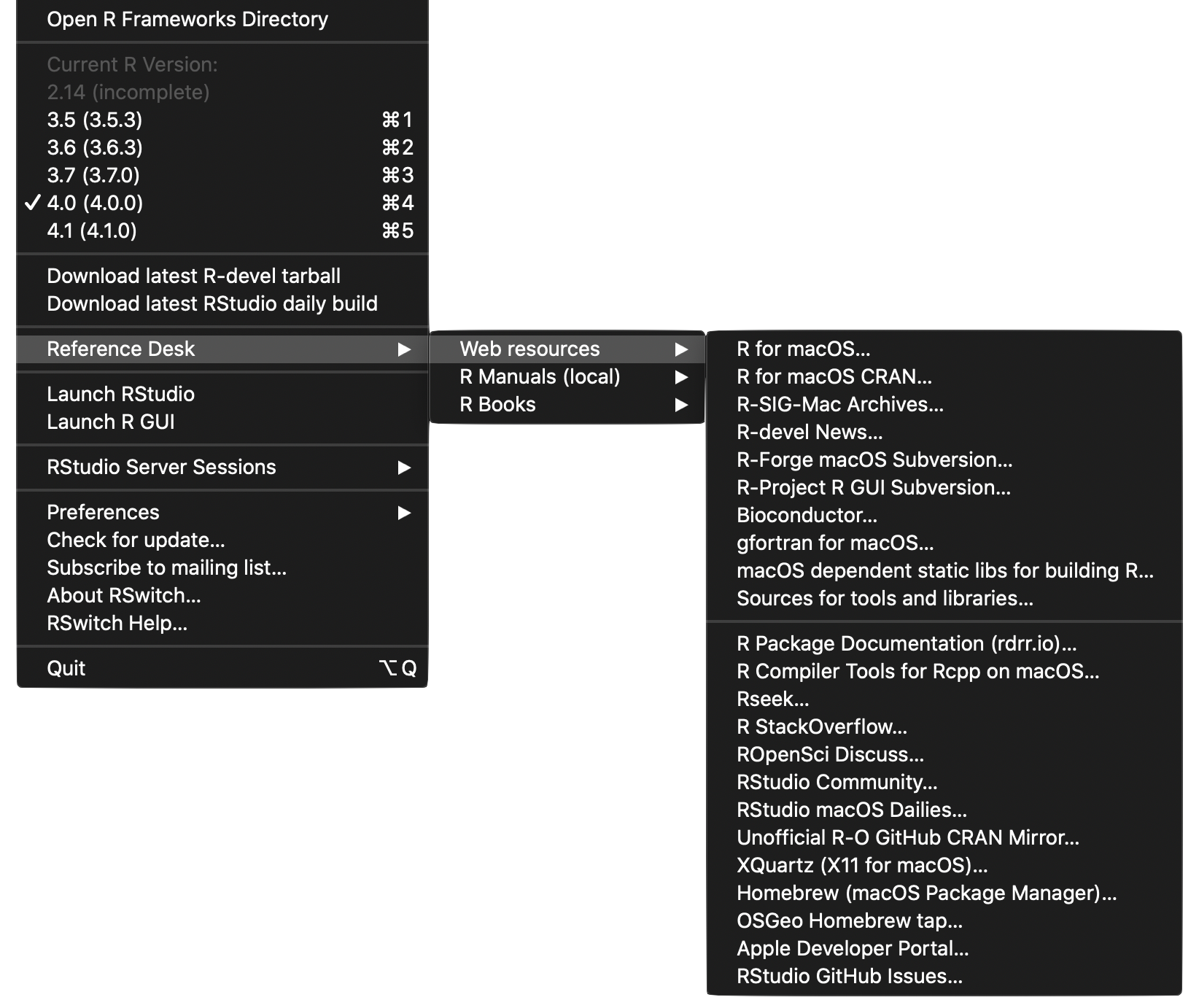

I have a few projects I plan to use it in, including an upgrade to my canonize photo renaming utility and some new Flickr API scripts. A quick symbolic link sudo ln -s /Library/Python/2.7/site-packages/libexiv2python.dylib /Library/Python/2.7/site-packages/libexiv2python.soįixed that problem, and now I can import pyexiv2 with no errors. It wanted to see libexiv2python.so instead. The only problem was that Python didn’t understand the presence of one library file, libexiv2python.dylib. I downloaded and expanded the pyexiv2 source tarball, cd’d into its directory to add a line to its SCons script via echo "env += " > src/SConscriptīuilt and put all the pyexiv2 files in place. Then I found this script by Joel Watts and was able to make a change or two to fit my situation. With no trouble, which was a big step forward.

There’s no recipe for installing pyexiv2 through Homebrew, but I was able to brew install exiv2 Pyexiv2 is a wrapper around the C++ exiv2 library and needs the Boost library and SCons utility for installation. I wanted to install the pyexiv2 library, a Python EXIF library that appears to be more capable than the one I’ve been using (which has failed to find certain EXIF tags in some files). But sometimes the little tricks needed to get a compilation to work eluded me. You really feel like a master of your machine. That can be very satisfying when it works. I just kept downloading gzipped tarfiles and compiling from scratch, figuring out the minimum dependencies on my own and installing them by hand, too. No, I said, I’ve been burned twice by these package managers-I’m not going to try another one. Everyone raved about it, but I wouldn’t install it. After a couple of instances in which I had to abort installation because I wasn’t sure they’d finish, I quit MacPorts. Some packages took forever to install because the dependency chain just kept growing and growing with libraries that I couldn’t believe were needed. What soured me on MacPorts was unnecessary dependencies. It differed from Fink in that it compiled the software it downloaded rather than installing precompiled packages. I moved on to MacPorts, which was called DarwinPorts at the time. It may have been more my fault than Fink’s, but whatever the reason, I had to stop using Fink. Later, though, I started having problems with packages not installing correctly, and I couldn’t figure out why. I didn’t like the duplication, but disk space wasn’t at a premium, so I let it go. 1 When it didn’t find them there, it would download and install new versions. Fink put all its software in /sw or /opt/sw (I can’t remember which), and that’s where it expected to find all the support libraries. It seemed to work well at first, but then I noticed it was installing libraries that I knew were already on the computer. My experience with package managers in Linux, apt in particular, was so good that when I moved back to the Macintosh several years ago, I figured I’d have no trouble installing almost any command-line program I ran across. I recommend that if you're about to do any such manual compilation, you first change your PATH in that terminal so it only references at most one of MacPorts and Fink.Next post Previous post Homebrew and pyexiv2 Usually that works ok, sometimes it doesn't, sometimes it mysteriously breaks later on. Does your friend compile other Unixy software manually, outside of Fink and MacPorts? It's possible that those programs will end up dynamically linking against a combination of Fink and MacPorts libraries. Oh, one more little thing that can cause trouble. Then you could put a symlink to /sw/bin/qemu in there, to ensure it will take priority over the MacPorts version. In these cases, I find it helpful to make a directory in $HOME/bin, and put it at the front of your PATH. Eg: If the MacPorts version of qemu has a bug, and you need to make sure you only run the Fink version. The only time it's important is if you want to run some program from one distribution and not the other. Most of the time, even the PATH concerns don't matter much. As others have mentioned, homebrew is quite a bit less careful about this. They're both pretty careful not to interfere with the other. Fink will (by default) install in /sw, and MacPorts in /opt/local, though it's possible to change those. There's no problem at all installing both Fink and MacPorts at the same time, I have them both installed right now. Best answer: Hi, I'm one of the project leads for Fink.


 0 kommentar(er)
0 kommentar(er)
